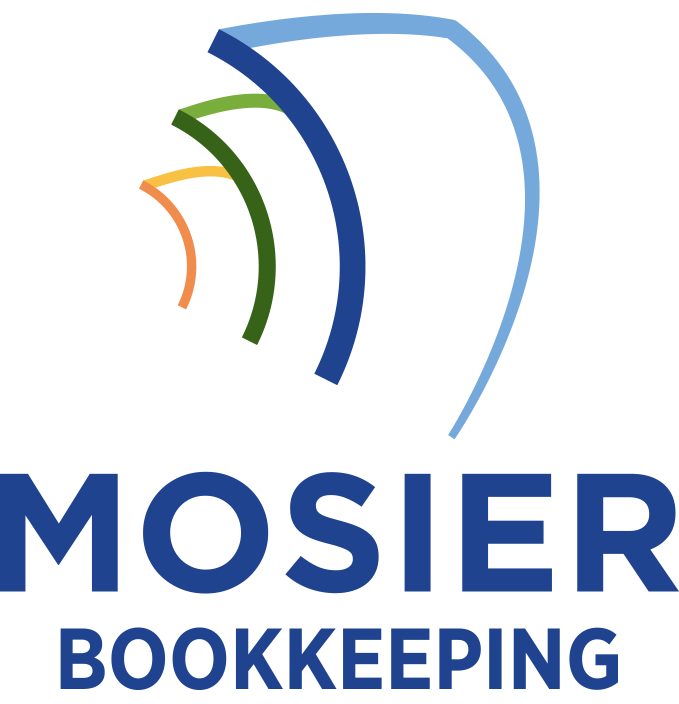When you hire independent contractors, you’ll face distinct tax obligations that differ from traditional employees. You won’t withhold income taxes, Social Security, or Medicare, and you must issue 1099-NEC forms for contractors earning $600 or more annually. While you can deduct contractor payments as business expenses, you must maintain strict documentation and proper worker classification to avoid IRS penalties. Understanding these nuances will help you navigate the complex tax landscape of contractor relationships.
Key Differences Between Contractors and Employees for Tax Purposes

When classifying workers for tax purposes, understanding the fundamental distinctions between independent contractors and employees is essential. I’ll focus on three critical tax differences: First, I don’t withhold income taxes, Social Security, or Medicare from contractors’ payments, while I must do so for employees. Second, I issue 1099-NEC forms to contractors earning $600+ annually, rather than W-2s for employees. Third, I don’t pay unemployment tax or provide benefits for contractors, making them responsible for their own self-employment taxes and insurance. These distinctions considerably impact my tax obligations and reporting requirements.
Tax Forms and Filing Requirements for Independent Contractors
As I navigate the tax documentation for independent contractors, several essential forms require my attention and timely submission. I must issue Form 1099-NEC to each contractor who receives $600 or more during the tax year. I’ll need their completed W-9 forms first, which provide their Tax ID numbers and business information. I’m required to submit Form 1096 to the IRS, which summarizes all 1099s issued. For quarterly tax planning, I’ll track payments using Form 1040-ES. These forms must be filed by specific deadlines: 1099-NEC by January 31, and 1096 by February 28 if filing by mail.
Business Deductions and Cost Considerations

The financial landscape of hiring independent contractors presents several key tax-deductible opportunities for my business. I can deduct their fees as ordinary business expenses, including payments for services, reimbursements for materials, and any commissions paid. These deductions directly reduce my taxable income.
I’m also exempt from paying employment taxes, benefits, and workers’ compensation for contractors, resulting in substantial savings. However, I must guarantee proper classification to avoid IRS penalties. By strategically timing contractor payments and maintaining meticulous records, I maximize my deductions while minimizing my tax burden. This approach strengthens my bottom line and competitive position.
Self-Employment Tax Responsibilities and Implications
Shifting focus from business deductions to contractor obligations, independent contractors bear distinct tax responsibilities that differ markedly from traditional employees. As your independent contractors manage their tax obligations, they’ll need to comprehend these critical self-employment implications:
- Required to pay both employer and employee portions of Social Security and Medicare taxes (15.3% total)
- Must make quarterly estimated tax payments to avoid penalties
- Responsible for tracking and documenting all business-related expenses
- Need to maintain accurate income records from all clients/sources
- Required to file Schedule SE with their annual tax return
I recommend clearly communicating these obligations during contractor onboarding to prevent misunderstandings and ascertain compliance.
Avoiding Common Tax Mistakes and IRS Penalties

With careful attention to tax compliance, businesses can avoid costly mistakes and penalties when working with independent contractors. I recommend implementing strict documentation processes for all contractor relationships and payments. You’ll need to verify their taxpayer ID, maintain accurate records of payments, and file Form 1099-NEC by January 31st.
Don’t misclassify employees as contractors – this triggers significant IRS penalties. I advise conducting regular classification audits using the IRS control tests. Issue payments correctly, withhold no taxes, and maintain proof of contractor status through signed agreements. You must also keep records of contractor insurance certificates and business licenses.









